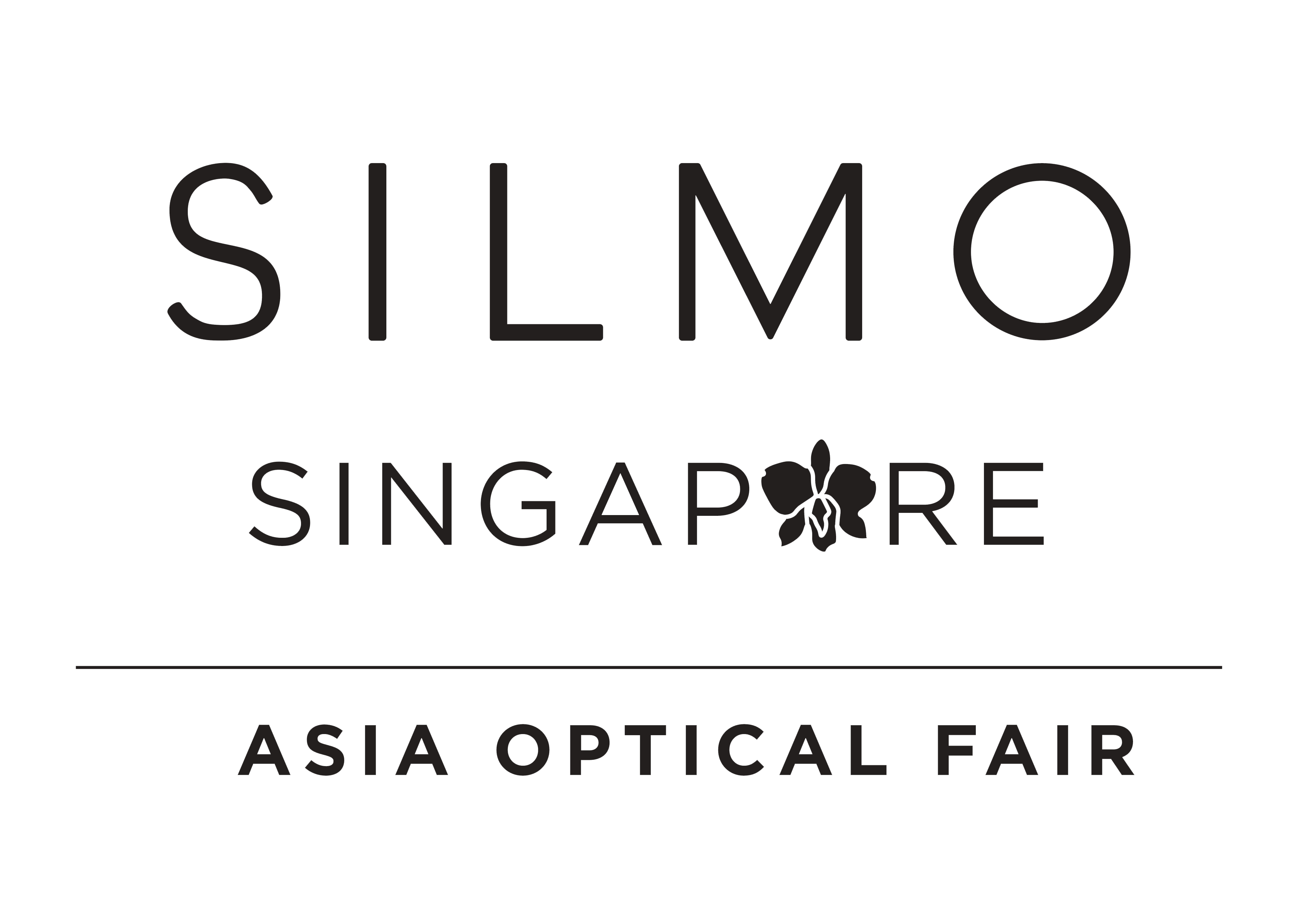BSc(Hons) FBDO R SMC (Tech) FEAOO
Immediate Past President of the International Opticians Association
Renter Warden of the Worshipful Company of Spectacle Makers
United Kingdom
Fiona began her career in optics as an 18-year-old when she enrolled on a course at Glasgow College of Technology (now Glasgow Caledonian University) in Ophthalmic Dispensing. She left 2 years later with her diploma ‘With Commendation’ and registered with the General Optical Council as a Dispensing Optician in August 1986.
Fiona worked as a Dispensing Optician for an independent group of opticians in the northeast of Scotland becoming a Regional Manager and Group Training Manager. During this time, she gained a BSc (Hons) in Business Administration graduating from Brunel University in 2003.
Fiona joined Ythan Opticians in 2012 as Dispensing Director. She gained a qualification in spectacle manufacture (SMCTech), and became a Liveryman of the Worshipful Company of Spectacle Makers (WCSM). Fiona was invited to join the WCSM Court of Assistants (similar to a Board of Directors) in 2019, and is now Renter Warden.
Professionally, Fiona’s main interests are training & mentoring – she regularly lectures & delivers workshops at optical events both at home in the UK and overseas. She is involved in the delivery of Continuing Professional Development (CPD) and is passionate about quality spectacle dispensing, spectacle lens design and paediatric dispensing.
Fiona was the President of the Association of British Dispensing Opticians until April 2018. She was the Immediate Past President of the International Opticians Association. Fiona also sits on the European Academy of Optometry & Optics (EAOO) Board of Trustees and the European Council of Optometry & Optics (ECOO) Qualifications Board.
Paediatric Lecture
This lecture will present and discuss the art & science of paediatric dispensing, challenging the long-held view that ‘children are scaled down adults.’
Synopsis
The lecture will cover many aspects of paediatric dispensing & discover why it is a specialised skill.
It will uncover the journey a child takes when they require an optical correction, and what steps an eyecare practitioner will take to ensure the best possible fit, clarity of vision & care received by them & their parents.
Delivery
This session will be provided face-to-face and facilitated from the front of the room. Delivery will be supported by a power-point presentation and participants will have the opportunity to ask questions at the conclusion of the lecture.
Reflection
All attendees are encouraged to write a reflective learning statement at the conclusion of the lecture to support their reflective practice.
Learning Objectives
- Communicate effectively with both the child & their parent/guardian in a way they understand and be mindful of unspoken signals which could indicate a patient’s lack of understanding or discomfort.
- Employ a patient centered approach – give patients your full attention and allow sufficient time to deal properly with their needs.
- Dispense appropriate products – only provide or recommend examinations, treatments, drugs, or optical devices if these are clinically justified, and in the best interests of the patient.
Why Patients Return – Discussion Workshop
This workshop presents three cases of patients returning to your optical practice. Using peer-to-peer discussion you will be asked to discuss with your peers how you would manage the patient as they present at you practice for the first time with each issue.
Synopsis
This workshop presents three patients who return to the practice with different concerns relating to their eyewear. Each case will present a different dispensing issue which should be uncovered & suitably dealt with by the optical practice.
For each discussion the participants will be required to consider the patient’s prescription, presenting concerns and lifestyle information to formulate appropriate management plans and communication to ensure the best possible outcome for the patient as well as consider with hindsight, if they may have offered any different or additional advice or products to alleviate the issue.
Case 1: Mrs Thom: Existing Px, new Rx – collected 2/52 & returns with very non-specific complaints – vision not quite crisp as they had hoped after receiving new specs, asthenopia.
Case 2: Mr Dickson: Cataract Px returns after having first eye operated on. Wants to have progressive lenses like they always have had.
Case 3: Mrs Harold: Px returns with friend. Friend kicks off about ridiculous price of new spectacles & how her friend has had terrible difficulties settling with the new Rx – clearly something is wrong & they want it to be put right.
Delivery
This session will be provided face-to-face and facilitated from the front of the room. Delivery will be supported by a power-point presentation.
The participants will be split into discussion groups and requested to elect someone to feedback a summary of the group discussion.
The facilitator will present each case from the front, physically move around the room to support individual table discussions, gather feedback from the individual discussion groups and provided any summary or correct any errors in learning if required.
Reflection
The delegates are encouraged to reflect on the discussions had & to support their own reflective practice.
Learning Objectives
- Communicate effectively with patients & impart information in a way that they can understand
- Provide effective treatments & products based on current good practice
- Ensure that incentives, targets and similar factors do not affect your professional judgement. Do not allow personal or commercial interests and gains to compromise patient safety.

